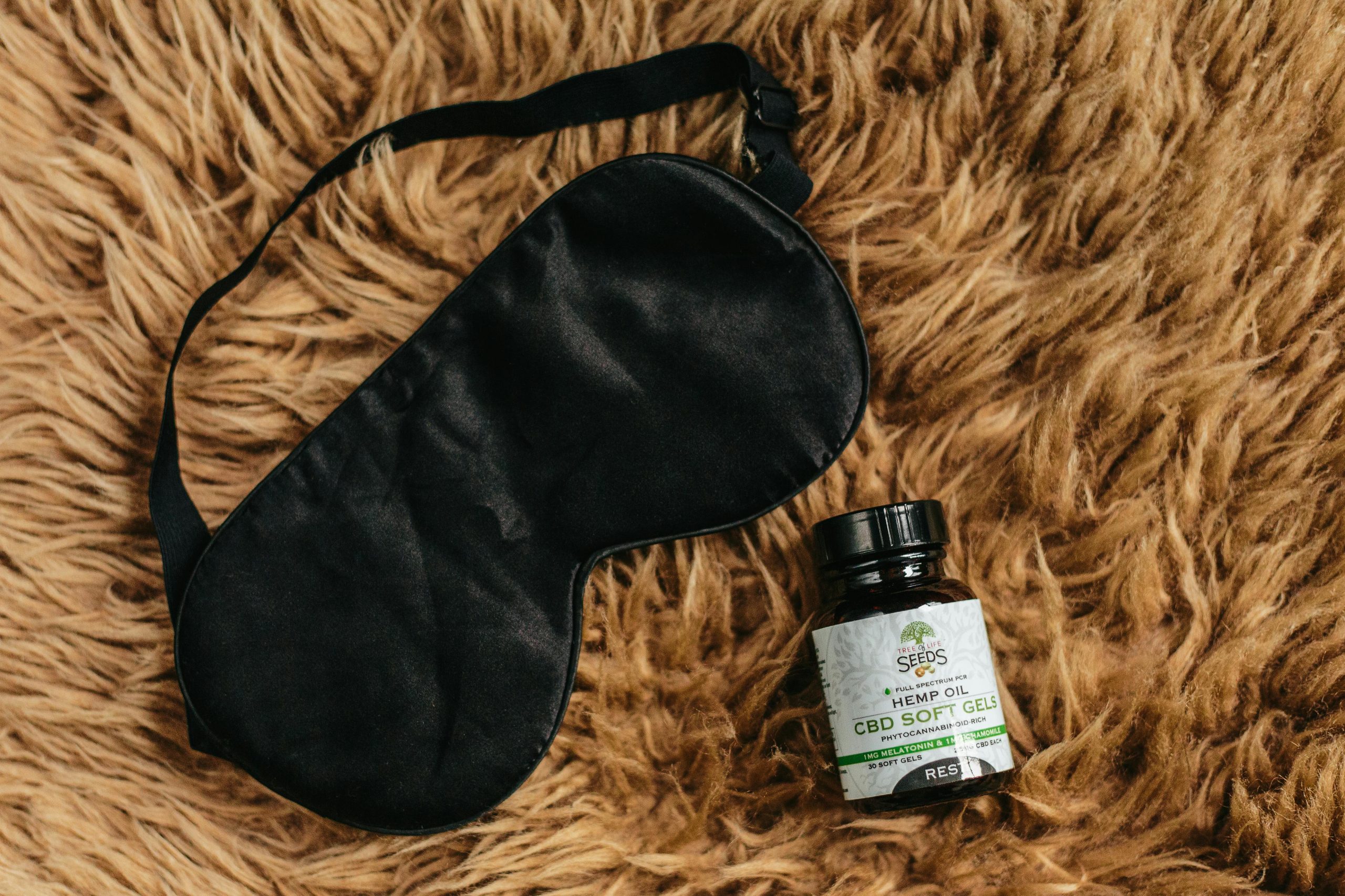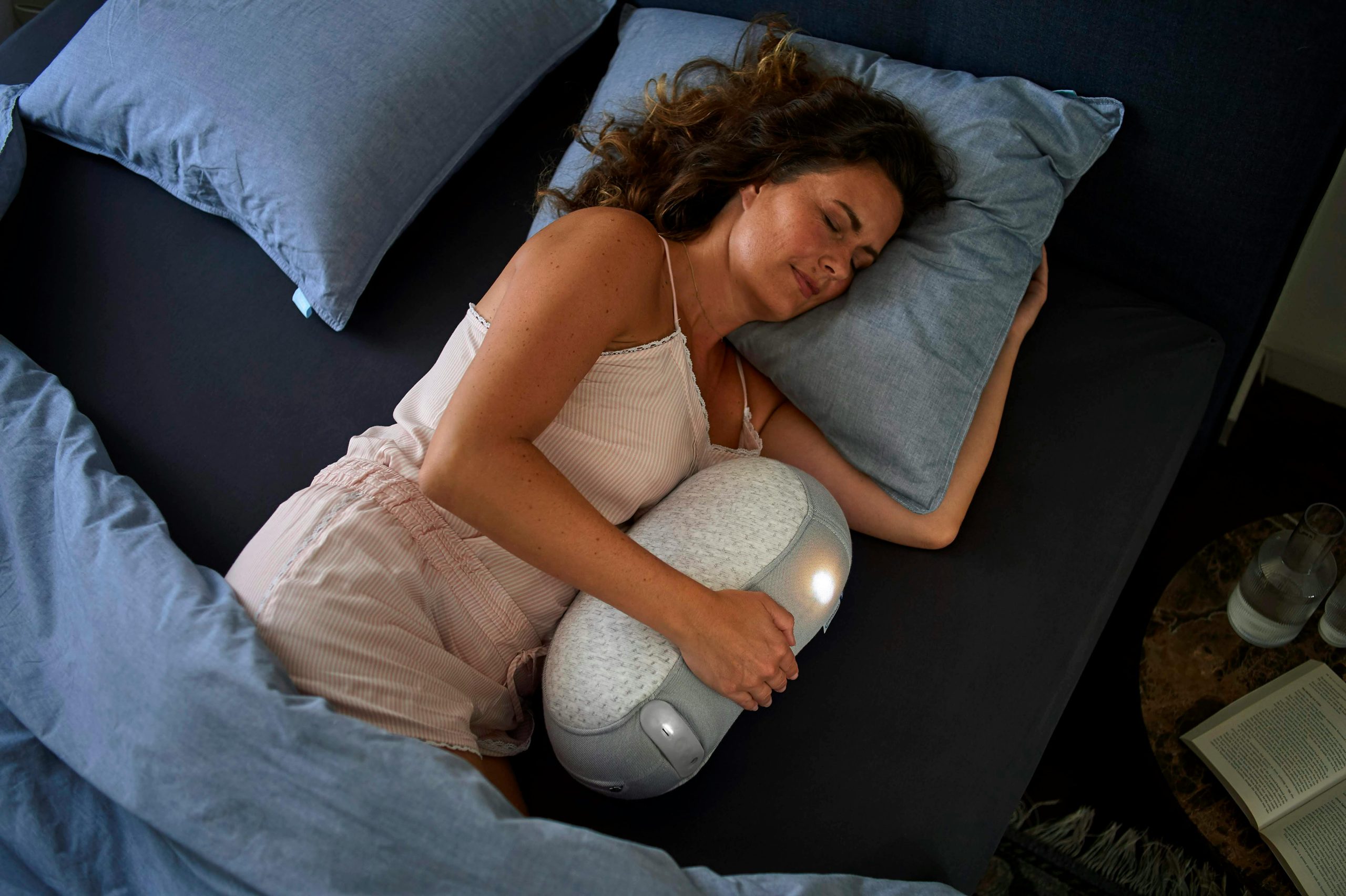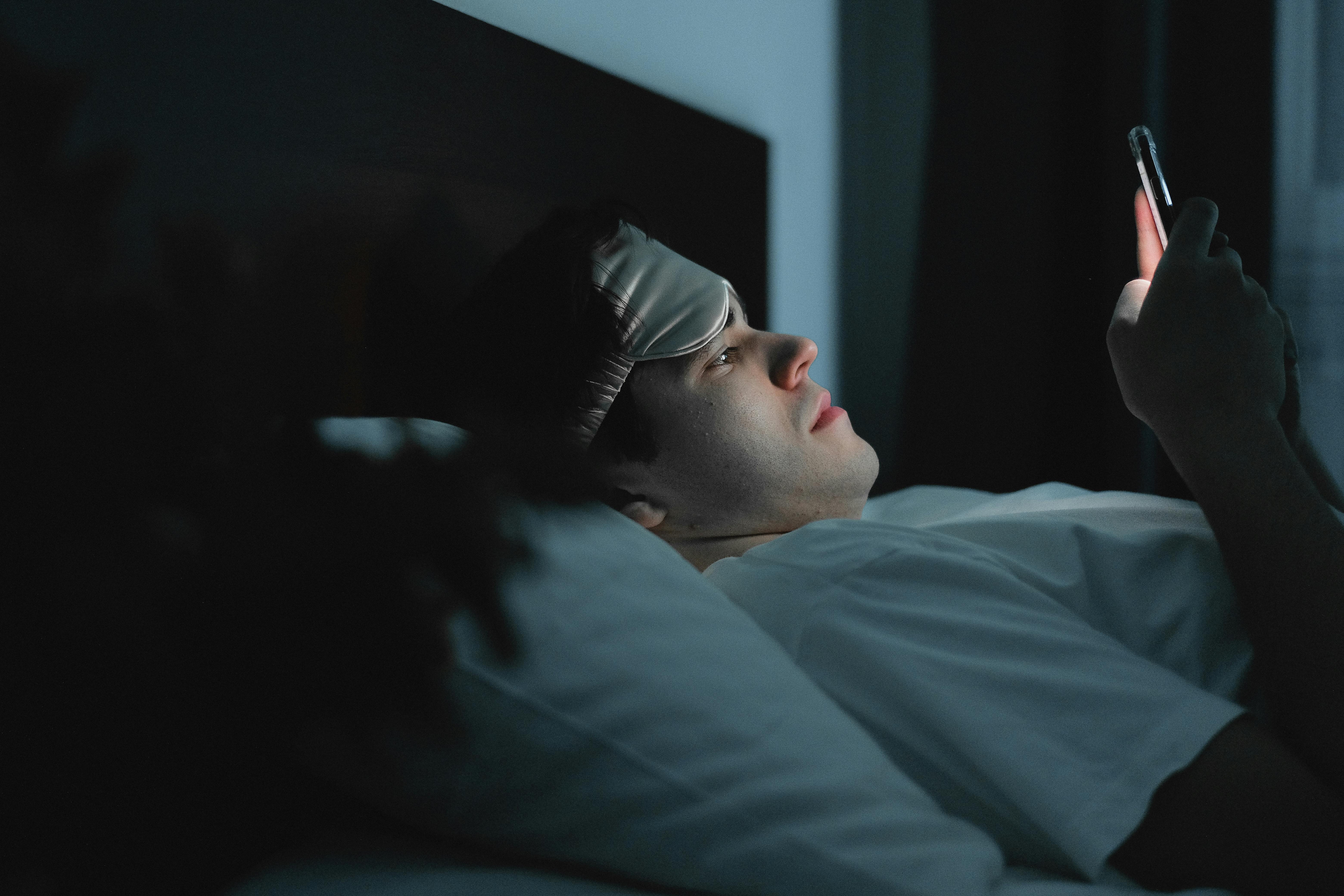Struggling to fall asleep or stay asleep? You’re not alone. Millions of people worldwide face sleep challenges every night, whether it’s tossing and turning, waking up groggy, or battling insomnia. The good news? Sleep aids—both natural and over-the-counter options—can help you reclaim restful nights and wake up refreshed. At GearToSleep.com, we’re passionate about helping you sleep better, and in this guide, we’ll dive deep into the world of sleep aids. From scientific insights to practical tips, we’ll explore how these tools work, their benefits, risks, and which ones might be right for you.
Sleep isn’t just a luxury—it’s a cornerstone of health. Studies from the National Institutes of Health (NIH) show that poor sleep can increase stress, weaken immunity, and even contribute to chronic conditions like diabetes. That’s why finding the best sleep aids tailored to your needs is so important. Whether you’re curious about melatonin, weighted blankets, or herbal remedies, this article has you covered with science-backed facts and actionable advice. Let’s get started on your journey to better rest!
What Are Sleep Aids and Why Do You Need Them?
Sleep aids are tools, supplements, or devices designed to help you fall asleep faster, stay asleep longer, or improve sleep quality. They range from natural sleep aids like chamomile tea to prescription medications and innovative products like white noise machines. But why are they so popular? The answer lies in our modern lifestyles—screen time, stress, and irregular schedules disrupt our natural sleep cycles, leaving us desperate for solutions.
According to the American Academy of Sleep Medicine, over 30% of adults experience occasional insomnia, with 10% facing chronic sleep issues. Sleep aids step in to bridge the gap, offering relief when counting sheep just won’t cut it. But not all sleep aids are created equal. Some work by calming your mind, others regulate your body’s sleep-wake cycle, and a few even physically relax your muscles. Let’s break down the science behind how they work.
How Sleep Aids Work: The Science Behind Better Rest
The Role of Your Brain in Sleep
Your brain relies on a delicate balance of chemicals to manage sleep. The hormone melatonin, produced by the pineal gland, signals to your body that it’s time to rest. Meanwhile, neurotransmitters like GABA (gamma-aminobutyric acid) quiet brain activity, helping you drift off. Many sleep aids target these systems to enhance relaxation or reset your internal clock.
For example, a 2013 study published in the Journal of Pineal Research found that melatonin supplements can reduce the time it takes to fall asleep by mimicking the body’s natural production. That’s why products like our top-rated melatonin supplement are a go-to for people with jet lag or irregular schedules.
Physical Relaxation and Sleep
Other sleep aids, like weighted blankets, work on a physical level. These blankets use deep pressure stimulation (DPS), a technique shown in a 2020 study from the Journal of Sleep Research to lower cortisol (the stress hormone) and boost serotonin. The result? A calmer nervous system and a better chance of staying asleep. Curious? Check out our premium weighted blanket to see how it can transform your nights.
Environmental Sleep Aids
Then there’s the power of sound and light. White noise machines drown out disruptive noises, while dimming blue light exposure from screens helps your brain wind down. Research from Harvard Medical School confirms that blue light suppresses melatonin production, making tools like these essential for modern sleep hygiene.
The Best Natural Sleep Aids to Try Tonight
If you’re hesitant about medications, natural sleep aids offer a gentler approach. Here’s a roundup of the most effective options, backed by science and loved by sleep enthusiasts.
1. Melatonin: Nature’s Sleep Hormone
Melatonin is one of the most studied natural sleep aids. It’s especially helpful for shift workers or travelers crossing time zones. A 2017 meta-analysis in Sleep Medicine Reviews confirmed that doses of 1-5 mg can shave minutes off sleep latency (the time it takes to fall asleep) without major side effects. Too much, though, can leave you groggy—start low and adjust.
Want to try it? Our melatonin supplement is formulated for steady release, ensuring you sleep better without morning fog.
2. Valerian Root: The Herbal Relaxer
Valerian root has been used for centuries to ease anxiety and promote sleep. A 2015 study in Phytotherapy Research suggests it increases GABA levels, calming the brain. While results vary, many users report falling asleep faster with a 300-600 mg dose taken 30 minutes before bed. Pair it with a warm tea for a soothing ritual.
3. Magnesium: The Muscle Soother
Magnesium isn’t just for muscles—it’s a sleep superstar. Research from the Journal of Research in Medical Sciences (2012) found that magnesium supplementation improved sleep quality in older adults by regulating melatonin and relaxing the nervous system. Foods like almonds or a supplement (200-400 mg) can work wonders.
4. Lavender: Aromatherapy for Sleep
Lavender’s calming scent isn’t just folklore. A 2015 study in the Journal of Alternative and Complementary Medicine showed that inhaling lavender oil before bed improved sleep quality in college students. Add a diffuser to your routine or spritz your pillow for a natural boost.
Over-the-Counter Sleep Aids: What You Need to Know
For tougher nights, over-the-counter (OTC) sleep aids like diphenhydramine (found in Benadryl) or doxylamine (in Unisom) might tempt you. These antihistamines block histamine, a wakefulness-promoting chemical, making you drowsy. A 2018 review by the Mayo Clinic notes they’re effective short-term but can cause next-day drowsiness or tolerance with regular use.
OTC options are best for occasional sleeplessness—not chronic issues. Always consult a doctor if you’re unsure, as long-term use might mask underlying problems like sleep apnea.
Innovative Sleep Aids: Tech Meets Rest
Weighted Blankets: A Hug for Your Nervous System
Weighted blankets are more than a trend—they’re science-backed. The deep pressure mimics a therapeutic technique called “grounding,” reducing anxiety and improving sleep duration. A 2021 study in Occupational Therapy in Mental Health found participants slept longer and felt more refreshed. Our weighted blanket comes in various weights to suit your body type—perfect for restless sleepers.
White Noise Machines: Block Out the World
Can’t sleep through traffic or a snoring partner? White noise machines create a consistent sound barrier. A 2017 study from the Sleep Research Society showed they improved sleep in noisy environments by masking disruptions. Explore our white noise machine for customizable soundscapes that lull you to sleep.
Sleep Trackers: Data for Better Rest
Smart devices like sleep trackers monitor your patterns, revealing what’s keeping you awake. While not a “fix,” they provide insights to pair with other sleep aids. The NIH highlights their growing role in sleep research.
Benefits and Risks of Sleep Aids
Benefits of Sleep Aids
- Faster Sleep Onset: Melatonin and valerian cut down those restless minutes.
- Improved Sleep Quality: Weighted blankets and magnesium deepen rest.
- Stress Relief: Lavender and GABA-targeting aids ease a racing mind.
Potential Risks
- Dependency: OTC meds can become habit-forming, per the Mayo Clinic.
- Side Effects: Melatonin might cause headaches; antihistamines, dry mouth.
- Interactions: Herbal aids like valerian can clash with medications—check with a doctor.
Balance is key. Use sleep aids as a tool, not a crutch, and address root causes like stress or poor sleep hygiene.
How to Choose the Right Sleep Aid for You
With so many options, where do you start? Ask yourself:
- What’s my sleep issue? Trouble falling asleep (melatonin), staying asleep (weighted blanket), or both?
- Natural or OTC? Prefer herbs or okay with meds?
- Lifestyle fit? Travel a lot? Try portable aids like earplugs or lavender oil.
Experiment safely—start with one aid, track results, and adjust. Our sleep aid collection offers a range to test, from supplements to tech.
Practical Tips to Boost Your Sleep Aids’ Effectiveness
Sleep aids work best with good habits:
- Limit Screen Time: Blue light blockers or a no-phone rule 1 hour before bed amplify melatonin’s effects.
- Set a Routine: Use your white noise machine at the same time nightly.
- Create a Sleep Sanctuary: Pair aids with a cool, dark room (65-68°F, says the NIH).
Conclusion: Sleep Better Tonight with the Right Aids
Sleep aids aren’t one-size-fits-all, but with science and a little trial, you can find your perfect match. From melatonin’s gentle nudge to the cozy embrace of a weighted blanket, these tools tackle sleeplessness at its roots. At GearToSleep.com, we’re here to help you navigate the options and wake up refreshed. Explore our sleep aids collection today—your best night’s sleep is just a click away!


